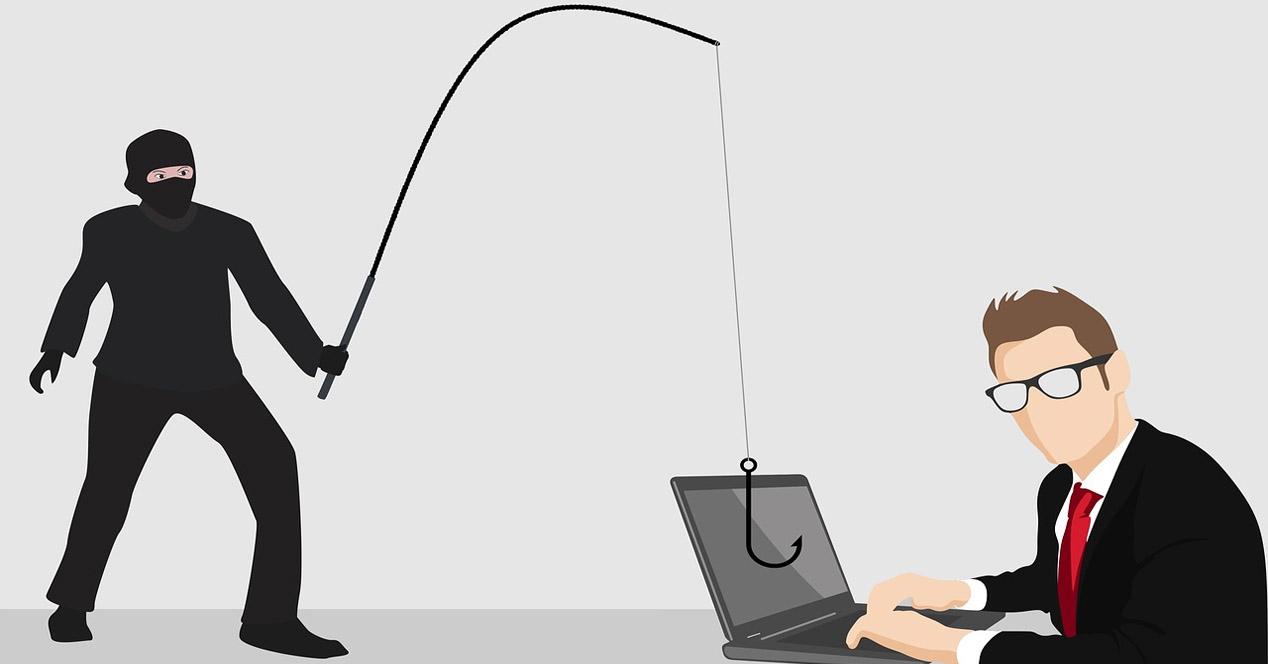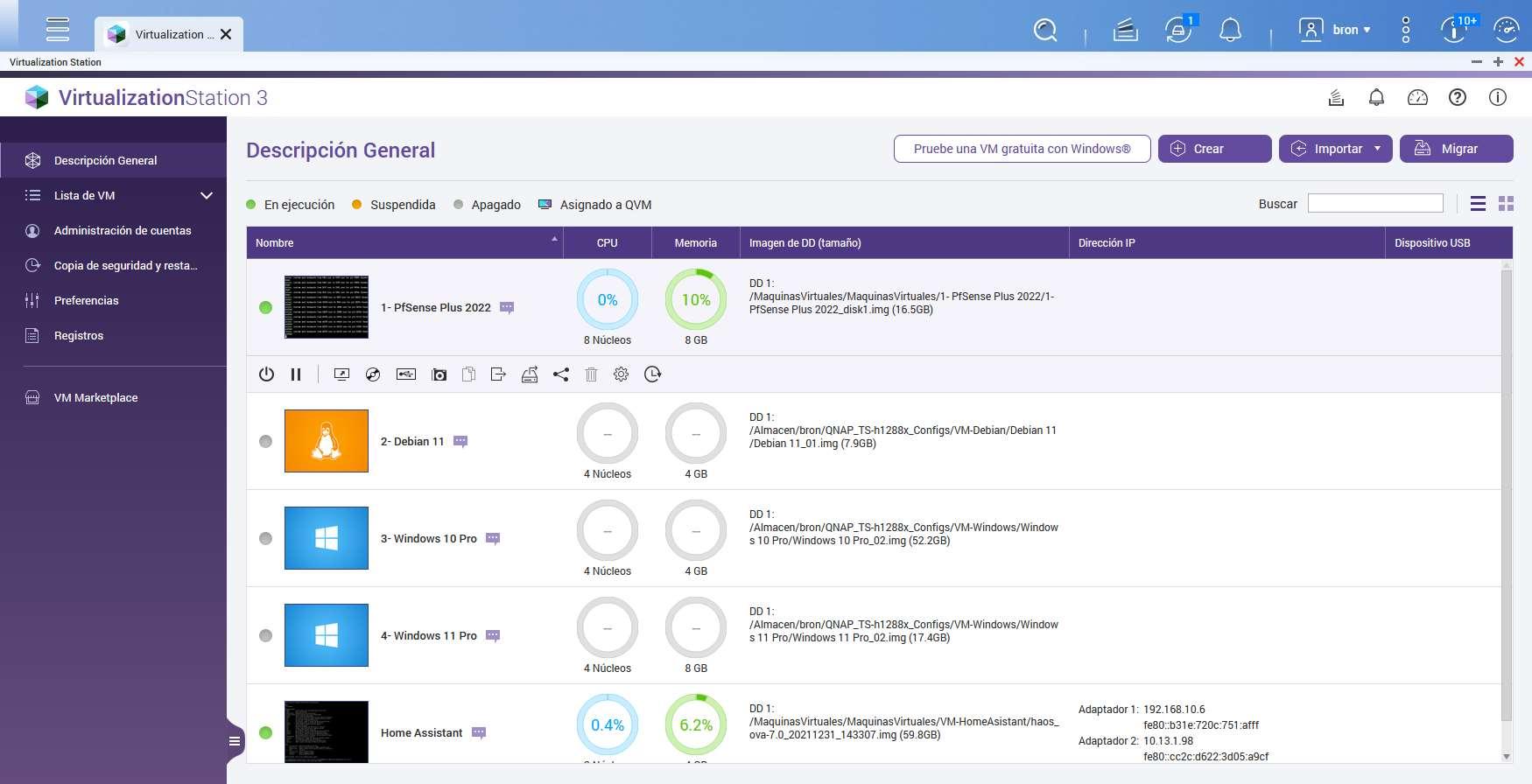
Using a VPN is synonymous with security and privacy. It is a very useful tool for, for example, connecting to a public Wi-Fi network where our personal data could be compromised. Now, the truth is that it will not protect in all situations and there will always be risks when visiting a website or using any platform. Therefore, in this article we will explain What does a VPN not protect against? when entering the Internet.
VPN does not always protect security
A vpn encrypt the connection. It allows the data we send over the Internet to go through a kind of tunnel and not be visible to others. This may be enough to prevent an attacker from stealing your bank card details when making an online payment or your password when logging in to Facebook or any web page. But it is not enough if we think about the possible security risks that exist when browsing. You can read more helpful articles about VPN and online security at getmoreprivacy.
Does not prevent downloading viruses
The first thing a VPN does not protect against is viruses. You can go to a website and click where you shouldn’t and download a file that is actually malware. That virus can then be used to steal passwords, control your computer, or expose your personal information on the network and cause bugs.
Therefore, to avoid these problems you cannot trust everything to a VPN. It is necessary to have a good antivirus to protect you on the Internet. In this way you will avoid risks whenever you surf the net or accidentally end up on a malicious page that may contain viruses and malware usually. Thus, you better seek some helpful information at privatnostonline.
Does not protect from Phishing attacks
Nor will it protect you from phishing attacks. It is undoubtedly a technique widely used by cybercriminals to steal passwords on the Internet. What an attacker does is send an e-mail or an SMS with a link that pretends to be legitimate, but in reality it is a fake page and when you log in, the password ends up on a server controlled by the attacker.
A VPN is not going to prevent you from entering that fake website, or putting your personal data by mistake and it can be stolen. It doesn’t have that capability, so you won’t be protected from phishing attacks. There are mobile VPNs that work very well, but they will not protect you from this problem that affects these devices more and more.
You can install fake programs
Another clear problem is that you will be able to install fake software even if you browse through a VPN. These types of applications will not prevent you from accidentally downloading a program that is actually a scam and will contain malware or cause your computer to malfunction and cause problems.
To avoid this, the ideal is always to maintain common sense. You have to download applications only from official sources, from secure pages and platforms that are reliable. Only in this way will you be able to have programs that are safe and not a false copy that can compromise your personal data.
They can track you when browsing
When you browse the Internet, your personal data can be recorded in many ways. It is true that a VPN will protect you when you browse on a public network and thus prevent other users who are connected from spying on you. Now, think of an app that you link to Facebook, for example. The same with the social network buttons that are on many pages, searches that you do on Google with your account logged in, etc.
All this will mean that they can also track you when you browse the internet. To avoid this you will have to use other tools and not make mistakes on the network. Only in this way will you keep your personal data protected and avoid being tracked when browsing.
Scams on fake pages
Also, another point to keep in mind is that a VPN is not going to prevent scams when you visit a Web page. For example, an online store that sells fake products or a website that requests personal data and uses it maliciously to swindle you or steal information and then sell it to third parties.
Therefore, in this case a VPN will not protect either. Once again, it is best to use common sense and avoid making mistakes. This will allow you to maximize security and avoid falling into the trap of fake sites or complications that may arise when browsing.



